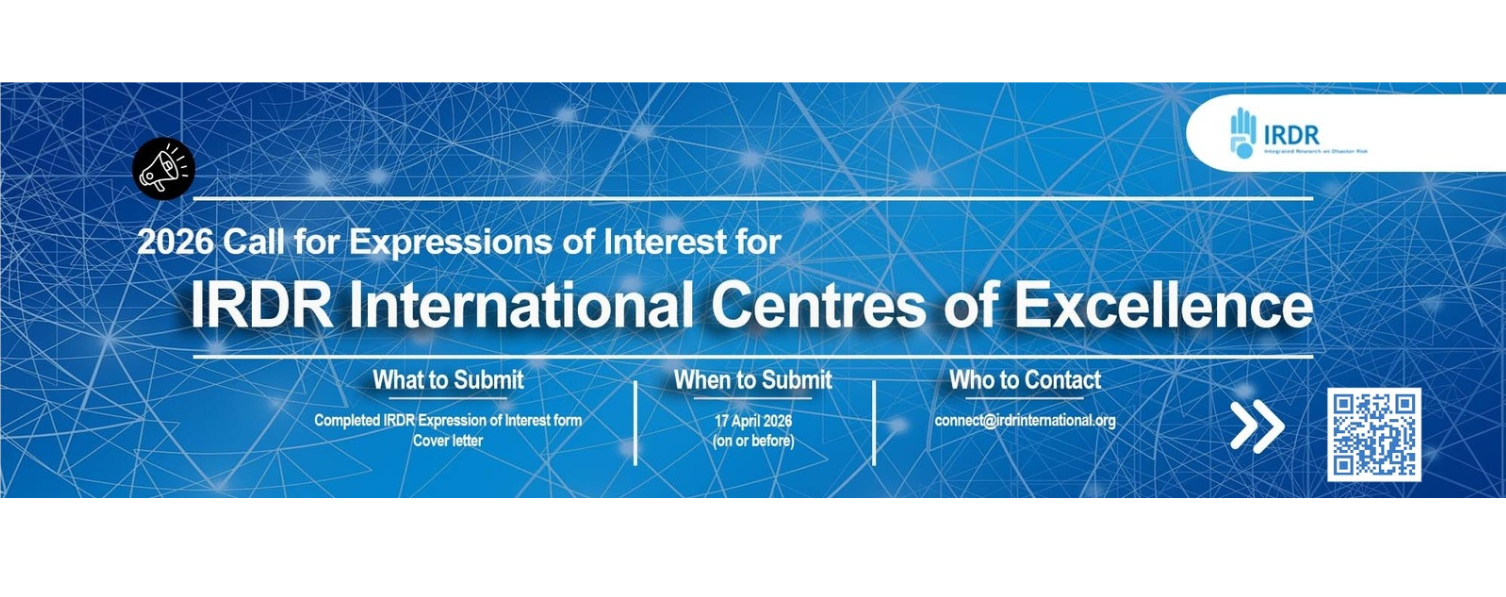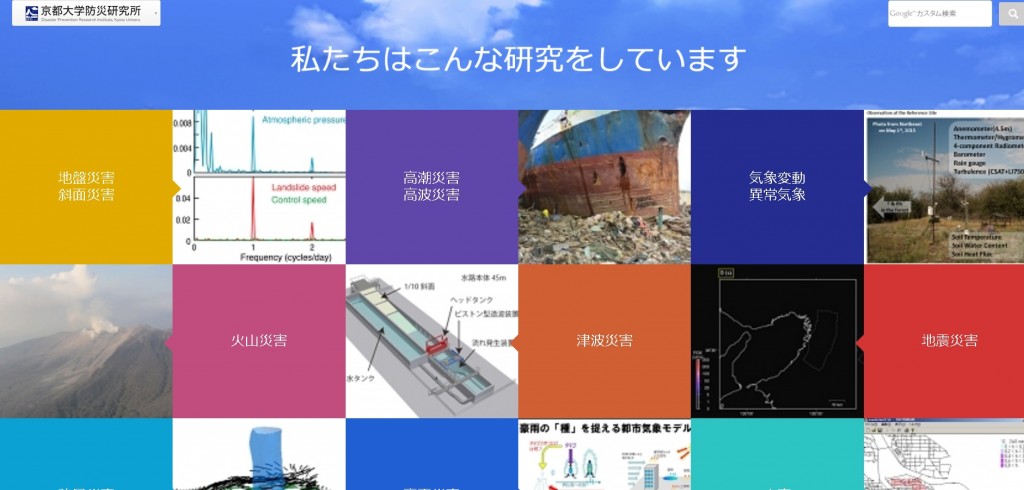BEIJING – Professor Virginia Murray, Consultant in Global Disaster Risk Reduction from the Public Health England and Vice-Chair, Scientific and Technical Advisory Group from the UNISDR, opened the second day of the IRDR Conference Plenary Session today with a presentation on “The road to HFA2: can science help to inform policy and practice?” MURRAY said that the year 2015 is marked by three landmark agreements where science can be influential to policy; 1) a post-2015 framework for disaster risk reduction in March 2015, 2)Sustainable Development Goals in September 2015 and 3) Climate change agreements through the UNFCCC in December 2015. The Hyogo Framework for Action (HFA) is a guideline for governments around the world who have committed to take action to reduce disaster risk. The HFA serves as a global blueprint for disaster risk reduction efforts with a ten-year plan, adopted in January 2005 by 168 governments at the World Conference on Disaster Reduction.
Recognizing the role and value of scientific information in disaster risk reduction and resilience, an Action Agenda was released by UK CDS and Wellcome Trust with other organizations working on disaster risk reduction. The Action Agenda calls for organizations to champion and reinforce programmes and initiatives for integrated research and the scientific assessment of disaster risk. The agenda also calls for an international science advisory mechanism for disaster risk reduction to strengthen resilience as part of the post 2015 agenda. MURRAY outlined enabling mechanisms to push the Action Agenda towards implementation. This includes providing guidance on terminology, methodologies and standards for risk assessments, risk modelling, taxonomies and the use of data to promote common understanding. Recently, the IRDR International Programme Office has released its Project Report No. 1 on DATA Peril Classification and Hazard Glossary that provides guidelines on event classification and a unified terminology for operating loss databases.
“If we want science to work we have to get the governments involved,” MURRAY said. In May 2014, the 5th Africa Regional Platform and 3rd Ministerial Meeting for Disaster Risk Reduction concluded with Africa’s contribution to the post-2015 framework for disaster risk reduction. The gathering, which attracted over 900 participants in Abuja, Nigeria released a summary statement on the establishment of regional mechanisms that enable more active engagement of a wider range of science partners (including health and agriculture). This can support broader efforts to establish an international science advisory panel for disaster risk reduction and to bring scientific, local and indigenous knowledge within a common framework of understanding.
“How do we ensure science helps to inform policy and practice for HFA2?” was the challenge posed by MURRAY in her closing statement. “The message to champion a mechanism to get science as core to HFA2 should be common to all DRR scientists. The science community has a responsibility to share the value of science for HFA2 with governments in time for the July 2014 first PrepCom, the November 2014 second PrepCom and the March 2015 Third World Conference in Sendai. There is little time left to impact on HFA2 and the timeline is massively tight,”MURRAY concluded.
For more information about the Conference, including the programme for the three days, visit the IRDR website at http://www.irdrinternational.org/conference/ or contact: connect@irdrinternational.org.






